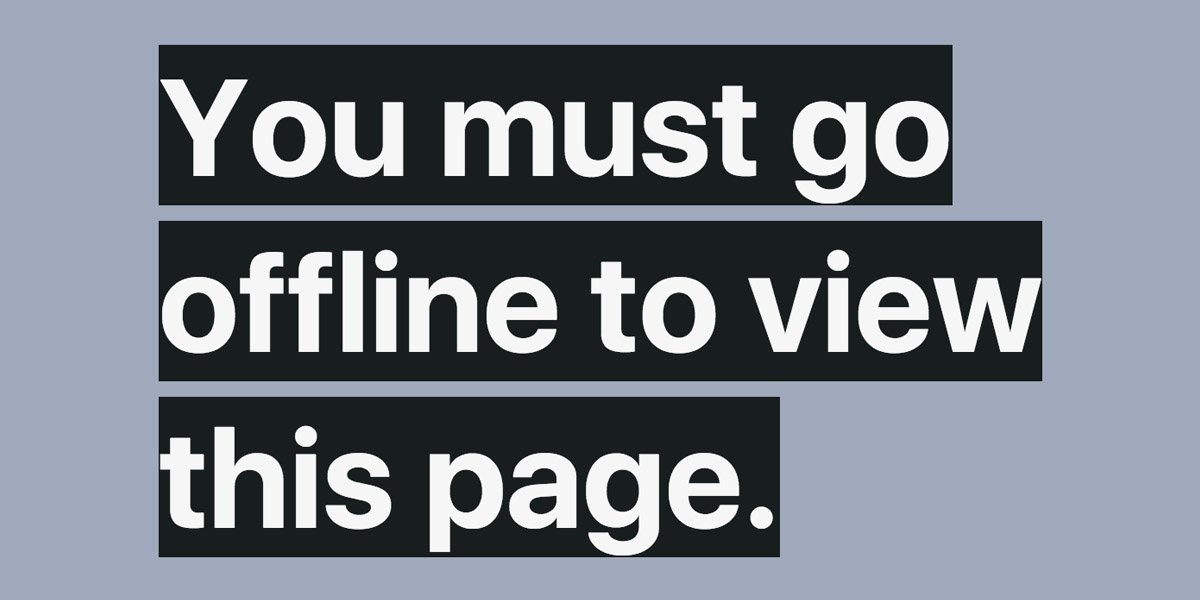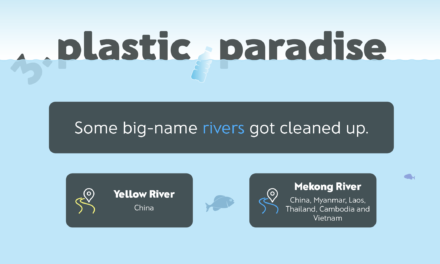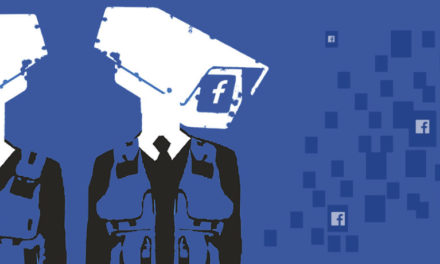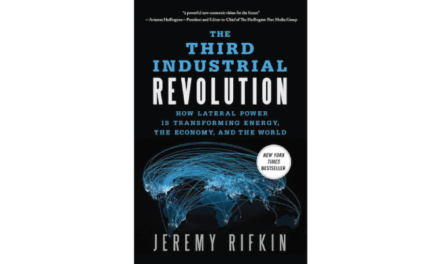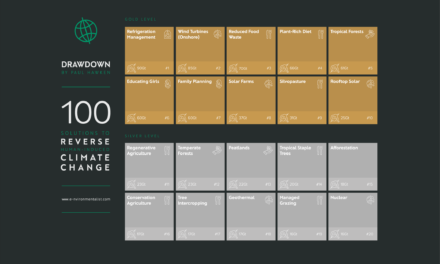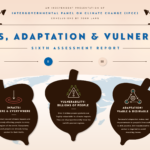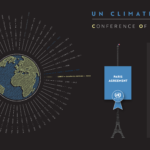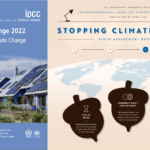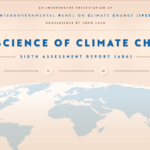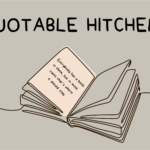A Distraction Free Digital Magazine
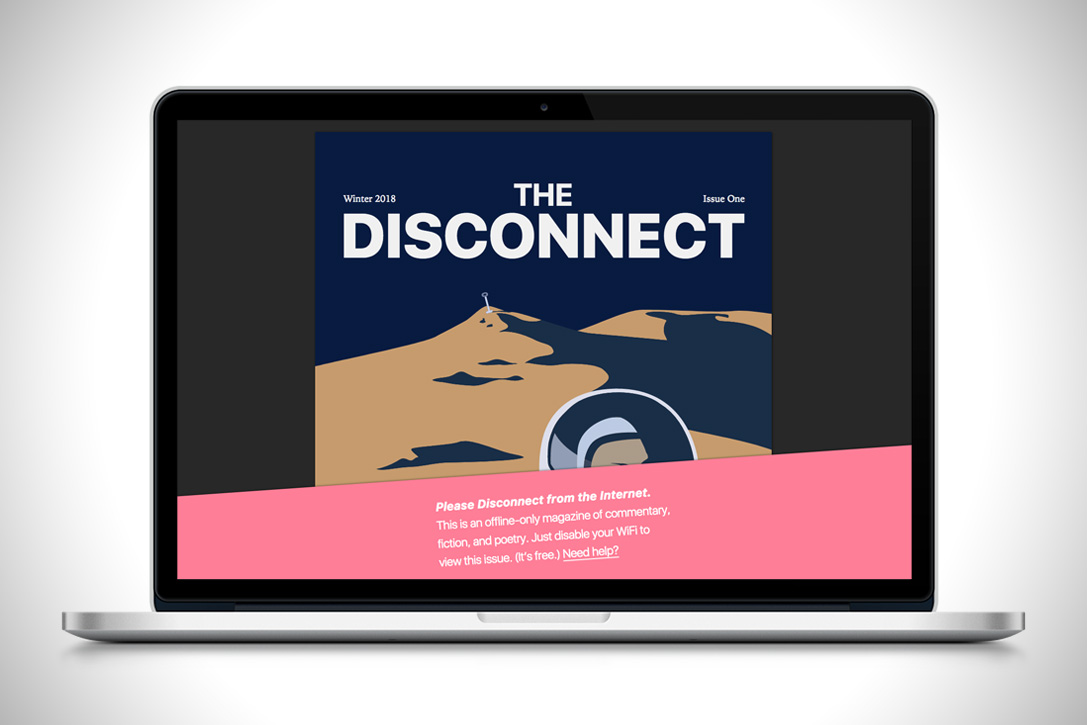
Disclaimer: the following words are highly biased and thinly veiled self-promotion. They have the objectivity of a Donald Trump tweet. You have been warned.
Every now and then, you discover something that invites cynicism: non-alcoholic beer, electric powered bikes, or indoor ski parks. A few years ago, I was similarly suspicious when stumbling upon a magazine called Delayed Gratification in a gift shop of a London museum.
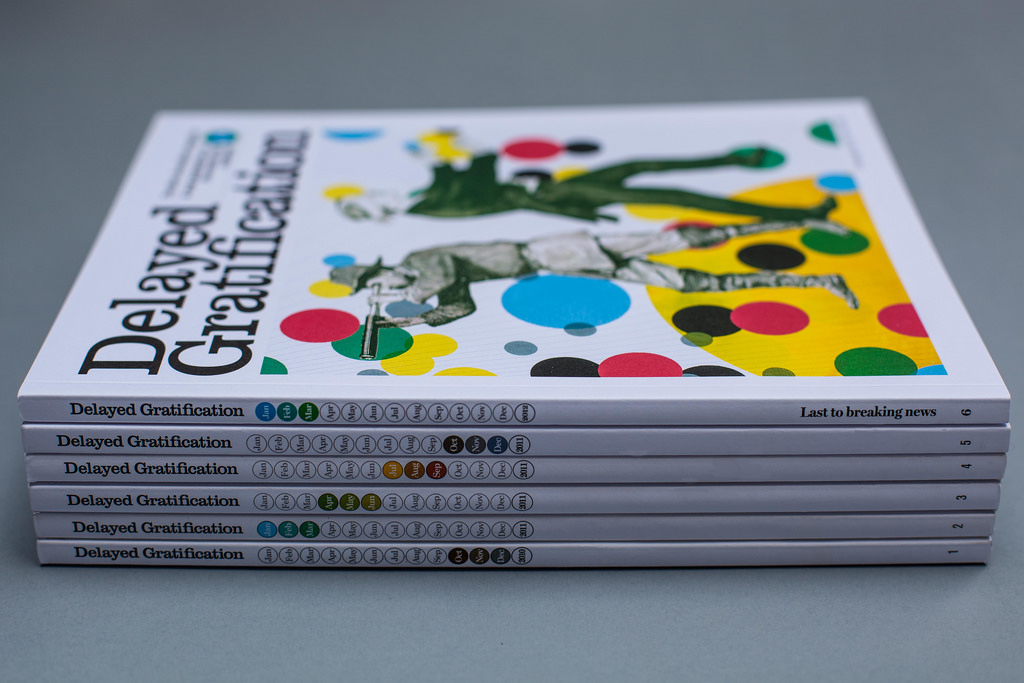
Delayed Gratification is a magazine that waits for at least three months before it discusses a story. Talk about being late to the party. It reminded me of the time when I studied for my driver’s license using an outdated road code rule book. I failed that test – no one wants to share the road with someone who is out of the loop.
Nonetheless, I bought a copy of Delayed Gratification because I couldn’t help but feel it was onto something. So much of our media culture is about churning out stories and generating glib headlines to get people clicking. In contrast, Delayed Gratification practices what’s known as Slow Journalism, where the point is not to break stories but to ruminate on them. It offers the sort of clear-headed insight that is only possible once the dust has settled, which is sadly missing from much of today’s news reporting.
Offline is the new slow
There’s a new magazine that launched yesterday, which is as original as Delayed Gratification. It’s a digital publication called The Disconnect, and it can only be read offline. To read this magazine, you must turn your Wi-Fi off, or put your phone into airplane mode after loading the home screen. The mantra here isn’t Slow Journalism, but a distraction free experience. Given the degree to which large parts of the internet have become addictive, this media experiment is just as clever.
It’s also important. In a time of digital detoxes and mindfulness apps, there’s not enough being said about healthier ways of using the internet. An offline digital magazine is one option. In the words of co-founder and editor Chris Bolin:
“We created The Disconnect to embrace positive aspects of the internet—ease of dissemination and access—while pushing against some of its nefarious features, like ubiquitous distractions.”
Sounds good to me. I definitely have far too many browser tabs open when reading online articles and too often fall down a rabbit-hole of random hyperlinks. And as a student researching disconnection and internet addiction, it’s about time we had more digital experiences that encourage concentration.
I’m also stoked to be a part of the first edition, where I’ve written an essay speculating about the future of the digital divides. I warned you this was shameless self-promotion.
Here’s hoping that the idea of a offline digital magazine catches on.
